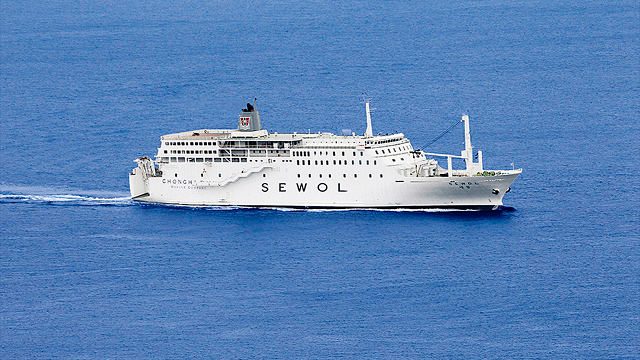SUMMARY
This is AI generated summarization, which may have errors. For context, always refer to the full article.

SEOUL, South Korea – More than a week after a South Korean ferry carrying 476 people capsized and sank, North Korea finally voiced its condolences April for the victims of the disaster, including the many schoolchildren who died.
The message was sent on Wednesday, April 23, between the two Koreas’ Red Cross organizations who regularly handle official cross-border communications, the South’s Unification Ministry said.
“The North said in the message that it conveys deep condolences that so many passengers, including young students, died or went missing due to the sinking of the ferry Sewol,” the ministry said.
The North’s official KCNA news agency later confirmed the condolence message.
“The message expressed deep sympathy as regards the sinking of the ferry Sewol… claiming many casualties including young schoolchildren and leaving many persons missing,” it said.
Until now, North Korea had been the glaring exception among the messages of sympathy, condolence and support that have poured in from around the world after the Sewol sank with devastating loss of life on Wednesday last week.
North Korea’s state media had previously barely commented on the tragedy that has dominated global headlines for the past seven days.
The confirmed death toll stood at 150 on Wednesday, but 152 were still unaccounted for, their bodies believed trapped in the inverted, submerged ship.
Heads of state across the political and geographical spectrum have sent personal messages, including US President Barack Obama, Russia’s Vladimir Putin and China’s Xi Jinping.
Not a word, however, from North Korean leader Kim Jong-Un who, KCNA reported, had thoroughly “enjoyed” a performance by the popular, all-female Moranbong Band on the evening of April 16, around the time the full scale of the ferry disaster was emerging.
North and South Korea technically remain in a state of war, as the hostilities of the 1950-53 Korean War were concluded with a ceasefire rather than a formal peace treaty.
Their heavily militarised border remains one of extreme Cold War sensitivity, but declarations of sympathy at times of national grief are not unprecedented.
When North Korean leader Kim Jong-Il – Kim Jong-Un’s father – died in December 2011, the South Korean government offered its condolences to the North Korean people. – Rappler.com
Add a comment
How does this make you feel?
There are no comments yet. Add your comment to start the conversation.